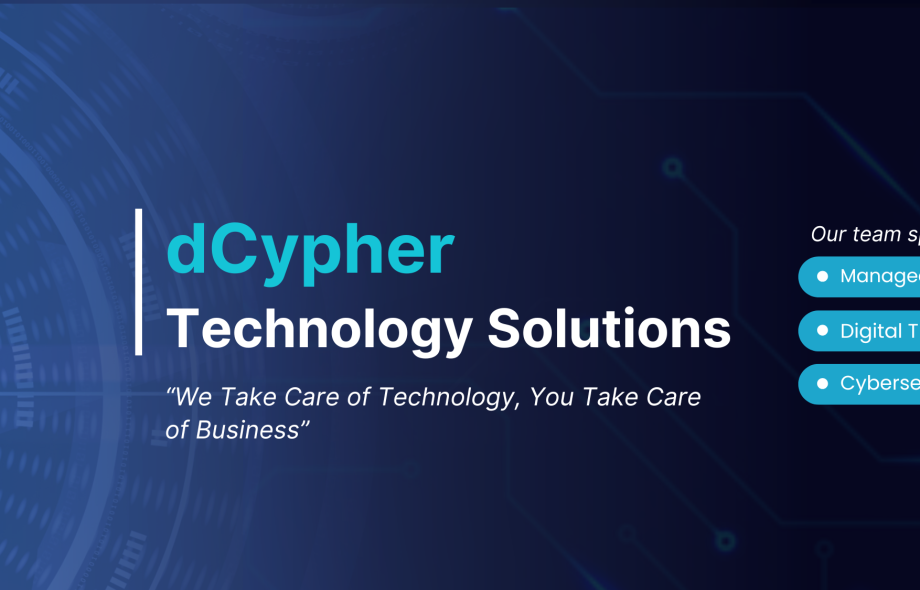Cloud computing has become a cornerstone of modern business operations, with 94% of enterprises in the U.S. already using cloud services, according to a 2023 report by Flexera.
The market continues to grow rapidly, with U.S. cloud infrastructure spending reaching $126 billion in 2023 (Synergy Research Group).
However, with so many providers available—from industry giants like AWS, Microsoft Azure, and Google Cloud to regional specialists—finding a reliable cloud service near you can be challenging.
Whether you’re a small business looking for cost-effective solutions or an enterprise in need of scalable infrastructure, this guide will help you identify trustworthy cloud computing services tailored to your location and needs.
Let’s explore key factors to consider, top providers, and how to evaluate performance, security, and support for the best local cloud solutions.
Cloud computing is essential for businesses of all sizes, offering scalability, cost efficiency, and remote accessibility. However, choosing the right provider can be overwhelming.
Follow this step-by-step guide to find the best cloud computing services in your area.
1. Assess Your Business Needs
Before searching for providers, define your requirements:
- Workload Type – Do you need storage, computing power, AI/ML support, or SaaS solutions?
- Scalability – Will your usage grow over time?
- Budget – Are you looking for pay-as-you-go or long-term contracts?
- Compliance & Security – Does your industry require HIPAA, GDPR, or SOC 2 compliance?
2. Research Local and Global Cloud Providers
Choose providers with nearby data centers to minimize latency. Using search terms like ‘local cloud services’ or ‘cloud services near me‘ can improve your results.
- Global Giants – AWS, Microsoft Azure, Google Cloud
- Regional Providers – Rackspace, DigitalOcean, Linode, dCypher
- Local Hosting Companies – Search for “[Your City/State] cloud services”
3. Check Performance and Uptime Guarantees
Reliable providers should offer:
- 99.9% uptime or higher (avoid providers with frequent outages)
- Low-latency connections (test with free trials or speed tests)
- Global vs. Local Data Centers – Nearby servers improve speed
4. Compare Pricing and Hidden Costs
Cloud pricing can be complex. Watch for:
- Pay-per-use vs. subscription models
- Data transfer fees (some providers charge for moving data out)
- Support costs (free vs. premium support tiers)
5. Read Customer Reviews and Case Studies
- Check Gartner Peer Insights, TrustRadius, or Capterra for unbiased reviews.
- Look for testimonials from businesses similar to yours.
- Avoid providers with consistent complaints about downtime or poor support.
6. Test Security and Compliance Features
Ensure the provider meets security standards:
- Encryption (data at rest and in transit)
- Multi-factor authentication (MFA)
- Compliance Certifications (ISO 27001, HIPAA, FedRAMP if needed)
7. Evaluate Customer Support and SLAs
- 24/7 Support Availability – Critical for business continuity.
- Response Time Guarantees – Check Service Level Agreements (SLAs).
- Self-Service vs. Managed Cloud – Some providers offer hands-on assistance.
8. Take Advantage of Free Trials and Demos
Most providers offer free tiers or trials (e.g., AWS Free Tier, Azure $200 credit). Use them to test:
- Ease of use
- Performance
- Support responsiveness
9. Consider Hybrid or Multi-Cloud Options
If one provider doesn’t meet all needs, consider:
- Hybrid Cloud – Mix of on-premises and cloud solutions.
- Multi-Cloud – Using AWS + Azure + Google Cloud for redundancy.
10. Make a Shortlist and Negotiate Contracts
- Compare your top 3 choices.
- Ask for discounts on long-term commitments.
- Ensure flexible exit clauses in case you need to switch later.
Final Thoughts
Finding the right cloud provider requires research, but focusing on performance, security, and local availability will help you make the best choice. Start with a small deployment, monitor performance, and scale as needed.
Need help deciding? Check local tech forums, consult IT experts, or leverage cloud consulting services for personalized recommendations.
 :
https://dcypher.io/
:
https://dcypher.io/

